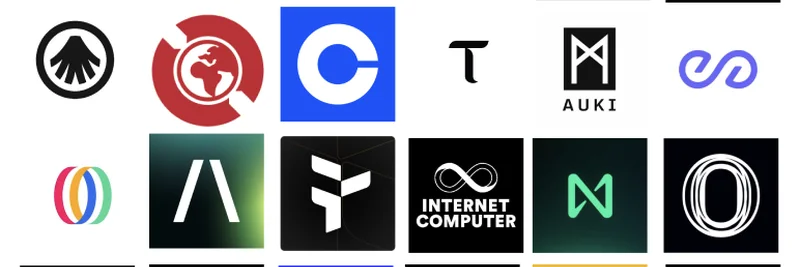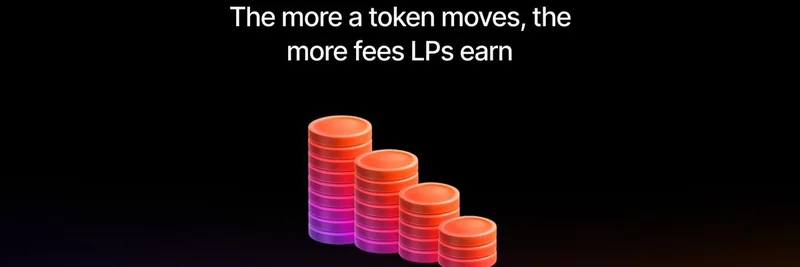On July 26, 2025, at 2:04 AM UTC, Aristotle Investments (@aristotlegrowth) dropped a thought-provoking post on X that’s got people talking. The core argument? Black communities should shift focus from reparations and voting to financial literacy and entrepreneurship. It’s a bold stance that’s ignited a mix of agreement, debate, and pushback across the platform. Let’s dive into the thread, unpack the ideas, and see what the community thinks—especially since it’s trending right now at 10:46 AM +07 on the same day.
The Main Argument: Financial Literacy as Freedom
Aristotle Investments kicks off with a provocative claim: America isn’t a true democracy for Black people because the majority vote system doesn’t favor minorities. Instead of chasing reparations or relying on voting, the post suggests that financial literacy is the key to empowerment. The reasoning? “Takes money to go to war,” and without it, arguments for change fall flat. The post ties issues like young Black men turning to crime to a lack of financial education and job opportunities, pointing out a cycle of dependence on white-owned businesses.
The solution? Double down on entrepreneurship and financial literacy. Voting, rap music, and even reparations debates are framed as distractions. It’s a call to “fix ourselves” from within, with the promise that economic power could lead to real freedom.
The X Community Weighs In
The thread quickly attracted responses, showing a spectrum of opinions:
- Supportive Voices: Users like @Wealthonomic1 and @MaxLongCEO back the financial literacy push, with @MaxLongCEO adding that “everyone is a minority” and character trumps skin color. Short affirmations like “FACTS 🗣️” from @Wealthonomic1 show strong agreement.
- Balanced Takes: @HenneyHendu agrees on the importance of finance but argues reparations are still owed, suggesting a dual approach: “Walk and chew gum Black people.” This highlights a middle ground—embracing wealth-building while keeping historical debts in mind.
- Counterpoints: @oliverjjackson shifts focus to basic literacy, arguing that reading skills are a prerequisite for financial success. Aristotle fires back, dismissing reparations as unrealistic (“Nigga they ain’t giving it you. Stop it”), showing frustration with the debate.
- Outliers: @KillBell313 and @OCShaun bring unique angles, with the latter’s mention of Israel and “Jew bots” adding a controversial twist that veers off-topic.
Why This Matters in 2025
This discussion aligns with broader trends. Data from Investopedia shows Black and Hispanic populations lag behind White and Asian Americans in financial literacy, often due to historical inequities like poverty and limited access to banking. Meanwhile, NPR reports that most Americans, especially outside Black communities, oppose reparations, echoing Aristotle’s skepticism. On the flip side, the U.S. Committee on Small Business & Entrepreneurship notes a growing number of minority-owned businesses (21% of employer firms in 2021), hinting at potential for self-reliance through entrepreneurship.
For meme token enthusiasts and blockchain practitioners on meme-insider.com, this thread could spark interest in decentralized finance (DeFi) as a tool for financial empowerment. Imagine using meme tokens to fund community projects or educate others—ideas that could tie into Aristotle’s vision.
The Bigger Picture
Aristotle’s post isn’t just about money; it’s a cultural shift proposal. By prioritizing financial literacy, the argument goes, Black communities can break free from systemic reliance and build power independently. Yet, the pushback suggests not everyone’s ready to let go of voting or reparations as tools for change. It’s a classic tension: individual effort versus collective action.
As of now, the thread’s still buzzing, with no clear consensus. Whether you’re a blockchain pro exploring new economic models or just curious about 2025’s social debates, this X conversation offers plenty to chew on. What do you think—should financial literacy trump voting, or is there room for both? Drop your thoughts below!


